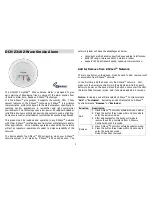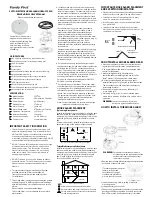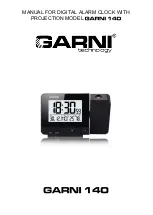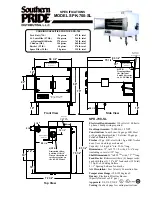
Fire Safety
22
Additional Recommendations
The National Fire Protection Association’s Standard 72
provides the following information:
Smoke Detection. Where required by applicable laws,
codes, or standards for the specified occupancy, approved
single- and multiple-station smoke alarms shall be
installed as follows: (1) In all sleeping rooms Exception:
Smoke alarms shall not be required in sleeping rooms in
existing one- and two-family dwelling units. (2) Outside
of each separate sleeping area, in immediate vicinity of
the sleeping rooms. (3) On each level of the dwelling
unit, including basements Exception: In existing one- and
two-family dwelling units, approved smoke alarms
powered by batteries are permitted.
Smoke Detection:Are More Smoke Alarms Desirable?
Required number of smoke alarms (as shown in Image 1A
and Image 1B):
The required number of smoke alarms
might not provide reliable early warning protection for
those areas separated by a door from the areas protected
by the required smoke alarms. For this reason, it is
recommended that the householder consider the use of
additional smoke alarms for those areas for increased
protection.
The additional areas include the basement, bedrooms,
dining room, furnace room, utility room, and hallways not
protected by the required smoke alarms. The installation
of the smoke alarms in the kitchen, attic (finished or
unfinished), or garage is normally not recommended, as
these locations occasionally experience conditions that
can result in improper operation.
Alarms should be installed in accordance with the
National Fire Protection Association’s Standard 72 (NFPA,
Batterymarch Park, Quincy, MA 02269).
Notify your local fire department and insurance company
of your smoke alarm installation.


































